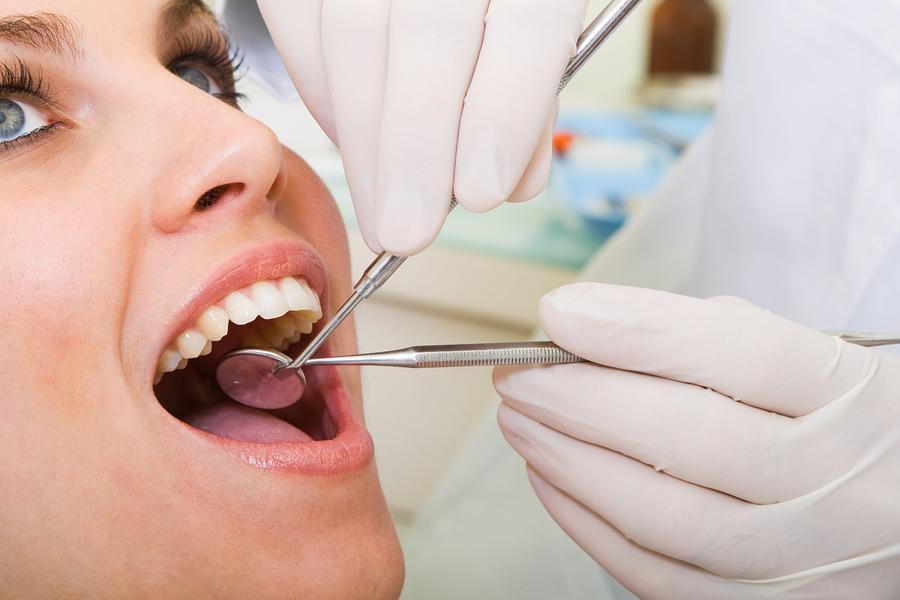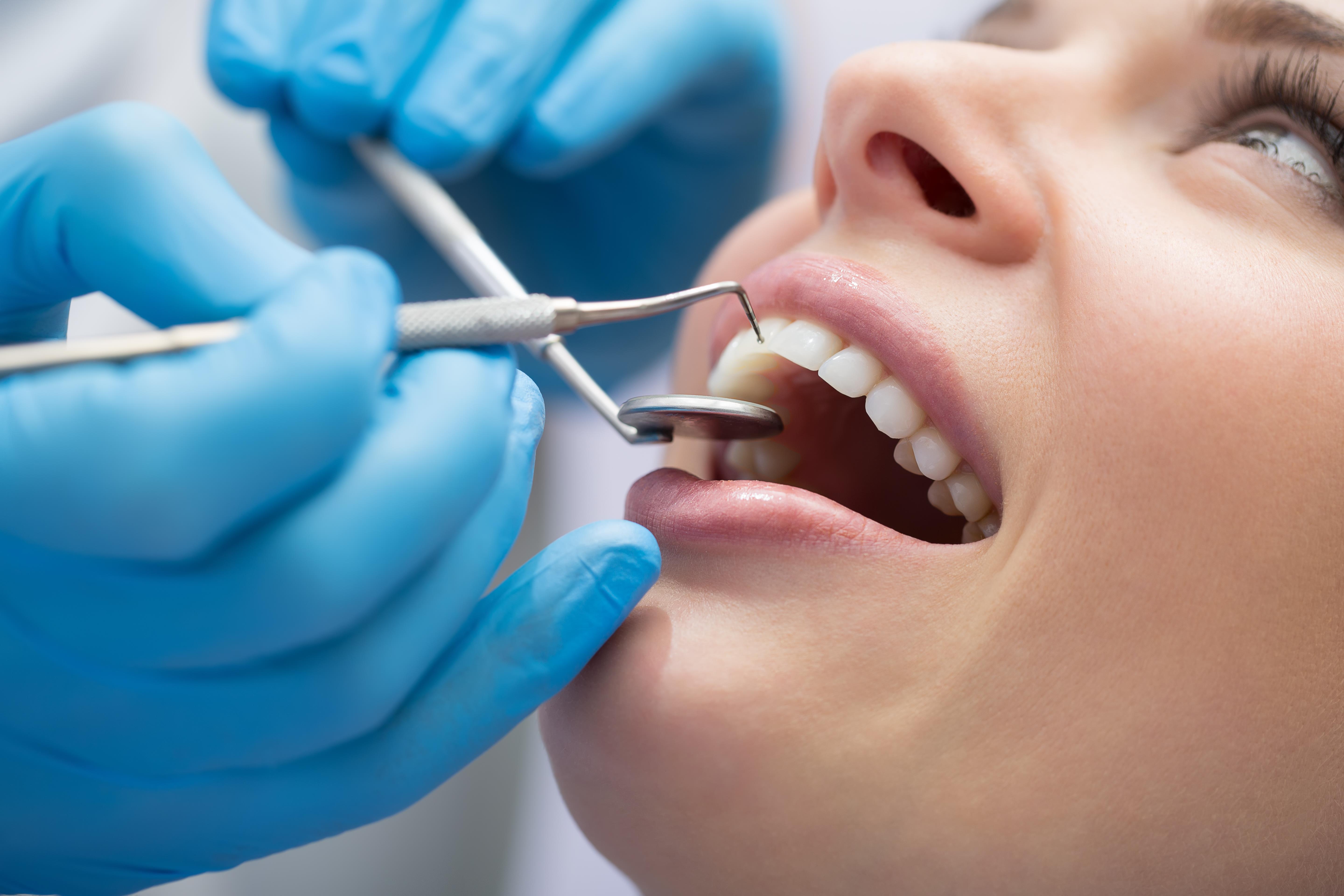Necessary Dental Treatment Procedures for Keeping Healthy And Balanced Teeth and Gums
Keeping ideal dental health is important for general well-being, and understanding crucial oral treatment treatments is the very first action toward accomplishing this objective. Normal oral examinations and expert cleanings play an essential duty in the very early discovery of potential problems, while day-to-day practices such as brushing and flossing are essential for combating plaque and food particles. Nutritional selections considerably affect the wellness of gums and teeth. As we check out these treatments and their ramifications, it becomes apparent that overlooking any element might lead to unanticipated issues. What various other factors should be taken into consideration for thorough dental care?
Normal Dental Exams
Routine dental exams are necessary for keeping optimum oral health and avoiding potential issues. These visits generally take place every 6 months and serve multiple objectives, including the early discovery of dental problems such as cavities, periodontal illness, and dental cancer. By recognizing these problems at their start, individuals can gain from less intrusive treatments and improved end results.

Additionally, regular examinations offer an opportunity for dental experts to supply customized recommendations on oral hygiene techniques, nutritional selections, and way of life modifications that can enhance general dental health and wellness. Developing a regimen of normal exams cultivates a proactive technique to dental treatment, empowering clients to organize their dental wellness and inevitably causing a brighter, much healthier smile. Neglecting these important gos to can lead to a lot more severe issues, highlighting their relevance in preventive oral treatment.

Specialist Cleanings
A vital element of maintaining oral health is the expert cleansing executed by a dental hygienist. These cleansings, usually recommended every six months, are necessary for the avoidance of dental problems such as tooth cavities and gum disease. Same Day Crowns. Throughout a professional cleaning, the hygienist employs specialized devices to remove plaque and tartar build-up from the teeth and along the gum line, locations that normal brushing may miss out on
Following this, the hygienist makes use of a scaler to carefully scrape away hardened plaque. The hygienist might apply a fluoride therapy to enhance the teeth and provide added security against degeneration.
Specialist cleanings not just boost the aesthetic appeals of your smile yet also dramatically add to overall oral wellness. They permit early discovery of prospective troubles, enabling timely intervention. By focusing on these cleanings, individuals can make sure that their oral health regimen is complemented by expert treatment, ultimately leading to much healthier teeth and periodontals.
Daily Brushing Strategies
Efficient day-to-day brushing techniques are essential for preserving ideal oral wellness. Brushing your teeth at the very least two times a day, preferably in the early morning and prior to going to bed, is essential for removing plaque and preventing dental caries. Select a soft-bristled tooth brush that fits easily in your hand and allows very easy accessibility to all locations of your mouth.
When cleaning, hold the toothbrush at a 45-degree angle to your periodontals. This placement helps to clean not only the teeth yet additionally the gumline, where plaque can collect.
Don't neglect to comb the inner surfaces of your teeth, as well as your tongue, to remove bacteria and freshen your breath. Establishing a constant brushing routine will considerably add to the long-term wellness of your teeth and periodontals.
Efficient Flossing Techniques
Flossing is a crucial part of a comprehensive oral health routine, playing an essential function in removing food fragments and plaque from locations that a tooth brush pop over here can not get to. Effective flossing approaches can considerably improve the health and wellness of your teeth and gum tissues, preventing cavities and gum condition.
To start, make use of roughly 18 inches of floss, winding the ends around your middle fingers, allowing for much better control. Hold the floss snugly in between your thumbs and forefinger, delicately guiding it in between your teeth with a sawing motion. Prevent snapping the floss, as this can create periodontal damage.
When the floss gets to the gum line, curve it into a C shape against one tooth and slide it below the periodontal line gently, guaranteeing to clean both sides of the tooth. Repeat this process for each and every tooth, utilizing a tidy section of floss as you move from one tooth to the following.
It is suggested to floss at least daily, ideally prior to cleaning, to make best use of plaque elimination. Including effective flossing strategies right into your dental health regimen will certainly add to general oral health and wellness, making it a vital practice for maintaining healthy and balanced teeth and periodontals.
Nutritional Considerations for Oral Health And Wellness
Many research studies show that nutritional factors to consider play a crucial role in preserving oral health and wellness and preventing oral issues. A well-balanced diet regimen abundant in crucial nutrients is basic for the development and upkeep of healthy teeth and periodontals. Key nutrients, such as vitamin, calcium, and phosphorus D, add substantially to the toughness of tooth enamel and the overall stability of the oral tooth cavity.
Foods high in antioxidants, like vegetables and fruits, enhance gum tissue health and wellness by lowering swelling and combating oxidative anxiety. view it now Furthermore, sufficient hydration is crucial; water not only assists in the manufacturing of saliva, which counteracts acids and removes food fragments, however also aids in keeping a balanced oral microbiome.
On the other hand, too much usage of acidic and sweet foods can cause dental caries and erosion. Limiting these foods, along with exercising good dental hygiene, is crucial for oral wellness. In addition, including foods high in fiber can stimulate saliva production, which is helpful for oral wellness. Thus, an all natural method that includes mindful nutritional selections can substantially add to the avoidance of dental problems and the promotion of total oral health.
Final Thought

These visits generally happen every six months and offer numerous functions, including the very early discovery of oral problems such as cavities, gum disease, and dental cancer.Throughout an examination, a dental specialist performs an extensive see here exam of the teeth, gum tissues, and bordering dental frameworks.Moreover, routine check-ups give an opportunity for dental specialists to use customized advice on dental health practices, nutritional selections, and way of life modifications that can boost general oral health.In recap, maintaining healthy and balanced teeth and gums demands adherence to essential oral treatment procedures. Regular expert cleanings and dental examinations help with very early detection of oral problems and the elimination of plaque and tartar, specifically.